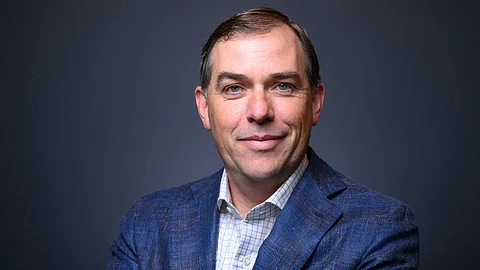

Amazon Web Services CEO Matt Garman shared career guidance that challenges conventional wisdom about succeeding in an AI-dominated workplace, according to a report by The Economic Times. Rather than pushing technical expertise, the top executive emphasised soft skills as the key to future-proofing careers.
Speaking to CNBC's Closing Bell, Garman revealed the advice he gave his high school senior son about college preparation. His recommendation focused on developing critical thinking abilities above all else, regardless of academic major.
"I think part of going to college is building your critical thinking," Garman explained. "It's less about the development of specific skills and more about how you become a critical thinker. In some ways, I think that's actually going to be the most important skill going forward."
While many professionals rush to master coding and data science, Garman argues that artificial intelligence's growing capabilities make human judgment increasingly valuable. He emphasised that AI can produce numerous ideas, but humans remain crucial for evaluating their practical worth and real-world applications.
This perspective aligns with OpenAI CEO Sam Altman, who noted that AI output requires human oversight, creativity, and refinement to address genuine needs.
Beyond critical thinking, Garman identified adaptability and communication as essential skills that leverage human emotional intelligence and social awareness, areas where people maintain advantages over AI systems.
Research supports this approach. A 2023 Heliyon study found that over 40% of sought-after skills in technical industries were human-centered, including problem-solving and strategic decision-making. The 2025 LinkedIn Workplace Trends Report ranked communication as the most in-demand workplace skill.
For professionals, developing these capabilities doesn't require formal education. Garman suggested activities like strategic board games, asking thoughtful questions, and seeking feedback can strengthen critical thinking and adaptability.
"Those people skills are going to continue to be super important for a long time," Garman concluded, suggesting that meaningful human connections and independent thinking will define career success in an AI-integrated workplace.
